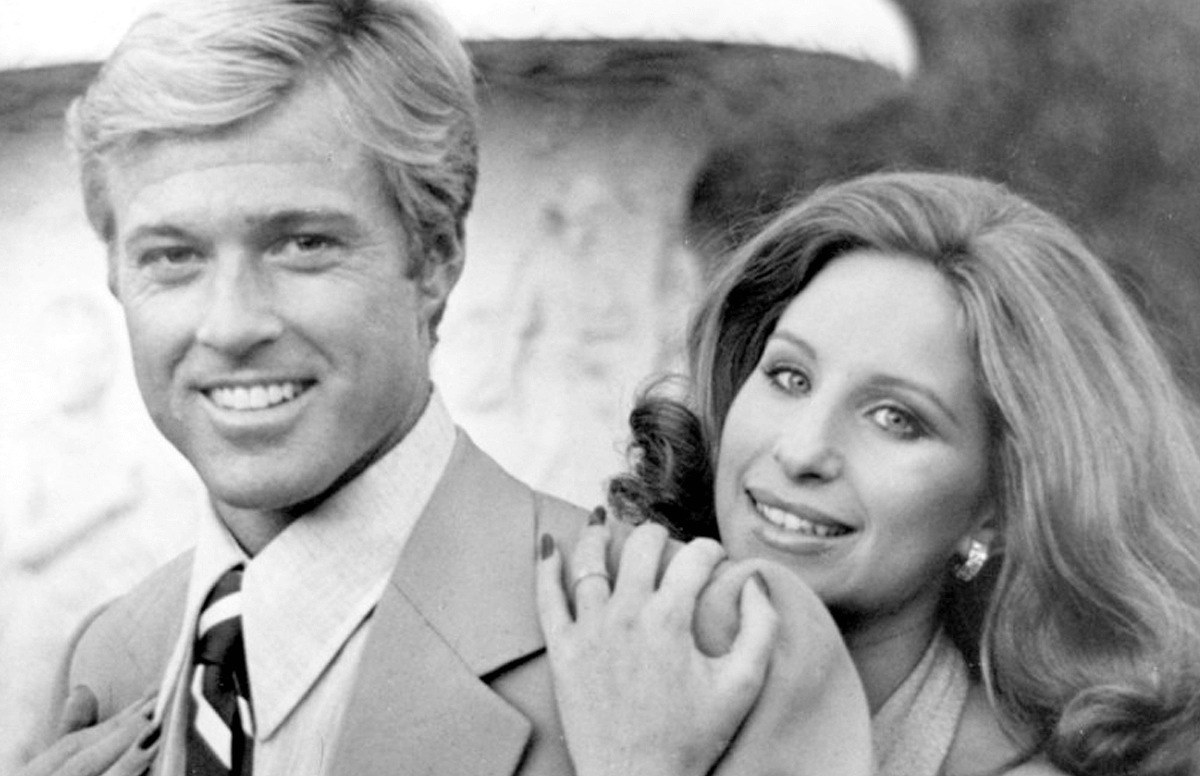A Good Movie Cry Is Just a Memory
The real-life emotions of adulthood are greater than fiction
As a teenager, I saw the Barbra Streisand/Robert Redford movie The Way We Were and cried. As the theater lights went up, my mother looked at my tear-streaked face and commented dryly, “You really don’t know true sadness yet, do you?”

In that moment, I thought my otherwise kind mother was hard-hearted and unfeeling. But decades later, I realized she was speaking the truth. I, a beloved child, the only daughter born years after three sons, was untouched by the harsh realities of the world, unscathed by sickness, poverty or war.
Like most people my age, I have wept at too many funerals to have tears to spare.
Now I am an adult. I know sickness, anger and cruelty. I also know, although not firsthand, many people who have suffered from poverty, violence and oppression. I have, in sum, become an adult.
No Tears to Spare
I rarely cry at movies anymore. Like most people my age, I have wept at too many funerals to have tears to spare. It’s a shame really. A good movie or book cry is a delight. A simple luxury of youth. One of the pleasures given up along the path to “adulting.”
When my oldest brother, 21 years older than I, died, I could not delete his phone number, address and birthday from my iPhone. At unexpected moments, reminders of his life popped up. A week before his birthday, I got a reminder to send him a card. Then, a week later, the day of his birthday appeared on my calendar— as if I’d somehow forget. Whenever I scrolled through my phone numbers, his would appear, an electronic reminder of the person I so loved, and, in fact, spoke to at least once every day of my life.
When my second brother died five years later, it was a different matter. The day he passed, I immediately deleted all his information from my phone. It wasn’t that I loved him less. I just needed that sense of finality. He had suffered from cancer for a horribly long time. Now it was over. Delete.
Today, instead of phone numbers, addresses, anniversaries and birthday reminders, my smartphone’s calendar notes yahrzeits (anniversary of a person’s death). This is the ultimate form of a Jew’s passage to adulting.
And where most people mark the seasons by the traditional Spring, Summer, Fall and Winter calendar, I mark the end of Winter and the start of Spring by the last of the five familial yahrzeit candles I light on April 26.
To Everything There Is a Season
This whole adulting thing has taken a toll on my relationships as well. When I was young, I viewed popularity as a paramount goal.
“How many people signed your yearbook?” was a fierce competition among the girls I knew in high school, almost an Olympic sport. “How many boys invited you to the prom? And what prom? Junior? Senior?” Friendships were communicated — in the abbreviated language of the yearbook — “I❤U4-ever.” 4-ever was paramount.
Now I know forever doesn’t exist. Sometimes it is not even desirable. As a result, I am less willing to tolerate people’s bad habits and quirks. If someone’s behavior disappoints or if our interests diverge despite many years of friendship, “Adult Me” is willing to say goodbye. I do not cling to the past. I am civil, but I can, dry-eyed, move on.
Thinking about all this brings to mind Pete Seeger’s song, “Turn, Turn, Turn,” and its lyrics, which come almost verbatim from the Book of Ecclesiastes, albeit the King James version: “To every thing there is a season, and a time to every purpose under the heaven... A time to weep, and a time to laugh; A time to mourn, and a time to dance."
The Pleasure of a Retro Cry
But I sometimes yearn for the respite of a good simple impersonal cry. Ironically, I got one just the other night (spoiler alert ahead).
My husband and I were watching HBO’s Deadwood: The Movie, and I got all weepy as Al Swearengen, the immoral, moral heart of the popular series/movie died.
Why I found the passing of a murderous saloon/brothel owner/occasional good guy the occasion for my retro “child-like” good cry, I cannot tell you. But this I can say: the tears I shed for this fictional character delighted me. I was pleased I could react so simply, so purely in the moment.
It made me nostalgic for the old days, when tears could be shed for people I didn’t know, people who never lived, people who would never die, people I would never mourn.
(This essay originally appeared in The New York Jewish Week.)

